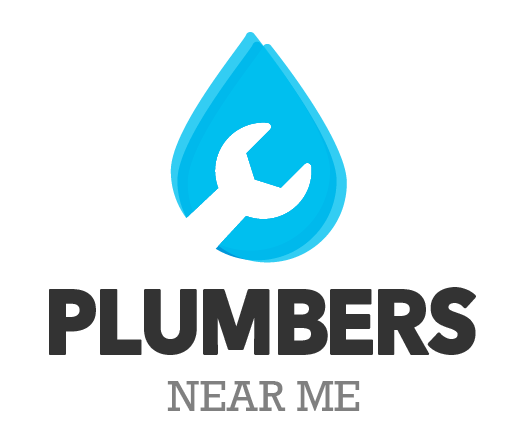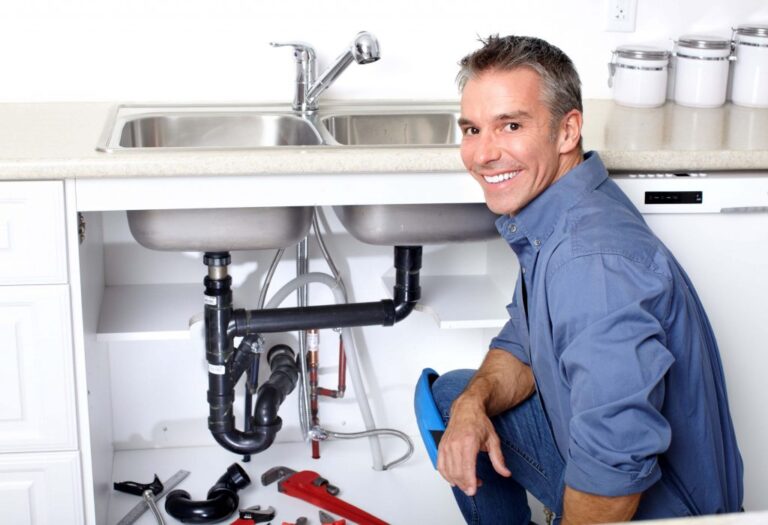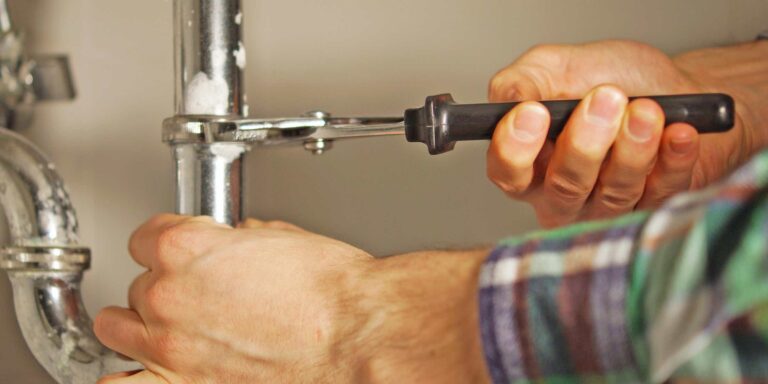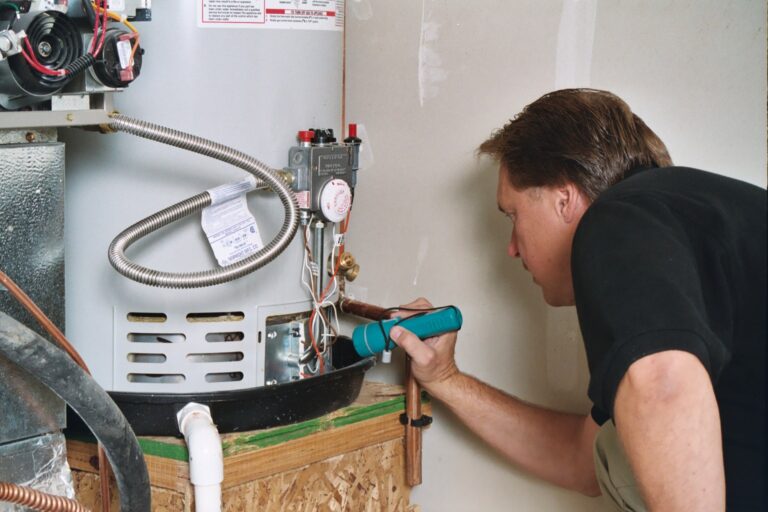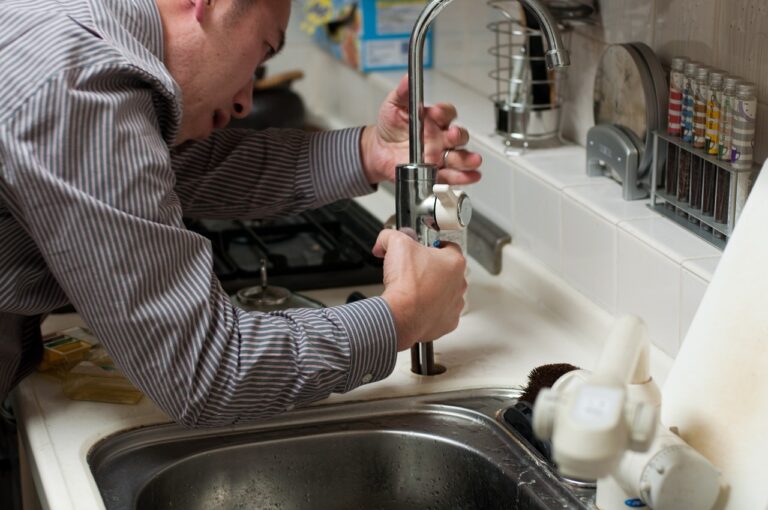when should you call a plumber
If your toilet is overflowing, your pipes are leaking, or your water heater is on the fritz, it’s time to call a plumber. Plumbers are trained to handle all kinds of plumbing emergencies, from minor leaks to major disasters. They’ll have the right tools and parts to get your home’s plumbing system back up and running in no time.
When your pipes freeze or burst
When the temperatures outside dip below freezing, it’s not just people who are at risk of becoming collateral damage. Your home’s plumbing is also susceptible to the cold weather conditions—and once pipes freeze, it’s only a matter of time before they burst. Water expands when it freezes, and since pipes are not equipped to handle that additional pressure, they will break. In fact, a quarter-inch crack in a one-inch pipe can result in up to 250 gallons of water spilling into your home every day. If you suspect that your pipes may have frozen, the first thing you should do is turn off your water supply. This will help prevent any further damage and flooding. Once the water is shut off, open all of your faucets to allow the built-up pressure to release. Then, you can focus on thawing your pipes. The best way to do this is to start with the faucets closest to the water meter and work your way down. You can use a hair dryer, heat lamp, or space heater to thaw the pipes, but never use an open flame. If you can’t get your pipes thawed, or if they continue to freeze despite your best efforts, it’s time to call in a professional. A plumber will be able to quickly diagnose the problem and get your pipes functioning properly again—before they have a chance to burst.
When your drains become clogged
, this is typically caused by a build-up of grease, hair, soap scum, or even tree roots. While you may be tempted to reach for the chemical drain cleaners, these products are actually quite harsh and can cause extensive damage to your pipes. Instead, try some of these natural drain unclogging solutions.
1. Boiling Water One of the simplest ways to unclog a drain is to pour a pot of boiling water down it. This will help to melt any grease or soap scum that is causing the clog. Just be careful not to pour too much at once, as too much boiling water can actually damage your pipes.
2. Baking Soda and Vinegar Another effective way to unclog your drains is to mix together baking soda and vinegar. Pour ½ cup of baking soda down the drain, followed by ½ cup of vinegar. Cover the drain with a plug or cloth and let the mixture sit for 30 minutes. After 30 minutes, flush the drain with hot water.
3. Salt and Borax If you have a tougher clog, you can try mixing together salt and borax. Pour ½ cup of salt and ½ cup of borax down the drain. Then, pour boiling water down the drain and let the mixture sit for an hour. Finally, flush the drain with hot water.
4. plunger For a really tough clog, you may need to use a plunger. Put the plunger over the drain and make sure there is enough water in the sink to cover the plunger. Plunge the drain up and down vigorously for a few minutes. The suction from the plunger should help to break up the clog and clear the drain.
5. Wire Hanger If you don’t have a plunger, you can try using a wire hanger to unclog your drain. Straighten out the wire hanger and bend one end into a small hook. Push the wire hanger down the drain and try to hook any debris that is causing the clog. Once you have hooked the debris, pull it out of the drain. If you have tried all of these methods and you are still having trouble with a clogged drain, you may need to call a professional plumber.
.
When your water heater breaks down
Your water heater is an essential part of your home, and when it breaks down, it can be a major inconvenience. There are a few things you can do to try and fix the problem yourself, but if the problem persists, you may need to call a professional. If your water heater is leaking, the first thing you should do is turn off the power to the unit and turn off the water supply to the house. This will prevent any further damage from occurring. Once you’ve done this, you can try to repair the leak yourself by replacing the gasket or heating element. However, if the leak is coming from the tank itself, you’ll need to replace the entire unit. If your water heater is not producing enough hot water, the problem may be with the thermostat. Try adjusting the thermostat to see if that fixes the problem. If not, you may need to replace the entire unit. If your water heater is making strange noises, it’s probably time to call a professional. These types of problems are usually caused by a build-up of sediment in the tank, and a professional will be able to flush the tank and clean it out. If you have an electric water heater, the problem may be with the heating elements. You can try cleaning the elements with a solution of vinegar and water, but if that doesn’t work, you’ll need to replace them. If you have a gas water heater, the problem may be with the pilot light. If the pilot light goes out, you’ll need to relight it. However, if the problem persists, you’ll need to call a professional to service the unit.
When you have a water leak
If you have a water leak, the first thing you should do is turn off the water at the main valve. Once the water is shut off, you can assess the damage and begin the process of repairing the leak. Depending on the severity of the leak, you may be able to repair it yourself or you may need to call a professional. If the leak is coming from a pipe, you will need to tighten the fitting or replace the pipe. If the leak is coming from a faucet, you will need to replace the washer. If the leak is coming from a toilet, you will need to replace the wax ring. Once you have repaired the leak, you can turn the water back on at the main valve and check for leaks. If there are no more leaks, you can enjoy the peace of mind that comes with knowing your home is leak-free.
When your sewer line backs up
, who you gonna call? If you have a sewer line backup, the first thing you should do is call a plumber. If you have a septic tank, you should also call a septic tank service.
When you need a new plumbing installation
, it’s often best to use a professional When you need a new plumbing installation, it’s often best to use a professional. While it is possible to do some plumbing installations yourself, there are many advantages to using a professional. One advantage is that a professional will be familiar with the code requirements in your area. This can help to ensure that your installation meets all local codes and regulations. Another advantage of using a professional is that they can often get the job done more quickly than you could. This is especially true if you are not familiar with plumbing or if you have never done a plumbing installation before. In addition, a professional will usually have the necessary tools and equipment to get the job done right the first time. This can save you time and money in the long run. Finally, when you use a professional for your plumbing installation, you can be assured that the job will be done correctly. This can give you peace of mind knowing that your home is in good hands.
